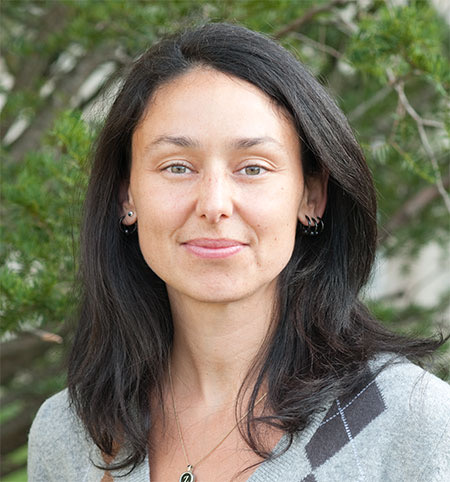Soil Biodiversity as Nature-based Solutions to Promote Boreal Forest and Peatland Carbon Storage
Partners: Ontario Ministry of Natural Resources
Soils play a vital role in fighting climate change because they store more carbon than all the world’s vegetation and atmosphere combined. But as the climate warms and land use changes, soils may release more greenhouse gases—like carbon dioxide and methane—into the air, making climate change worse. Our research, supported by the Ontario Ministry of Natural Resources and Forestry, focused on understanding how soil organisms, plants, and microbes interact to store or release carbon in Ontario’s boreal forests and peatlands.
We combined long-term data and field experiments to uncover how warming and silviculture treatments influence soil carbon. In forests, we analyzed a 20-year soil carbon dataset and conducted new sampling to understand how soil properties, microbial activity, and biodiversity affect long-term soil carbon storage. In peatlands, we tracked vegetation shifts, greenhouse gas emissions, and soil biodiversity under experimental warming. This work revealed how warming reshapes plant communities, alters microbial function, and increases carbon vulnerability. Through data on soil biodiversity, greenhouse gas emissions, and soil carbon storage, our research is helping improve models that predict how much carbon Ontario’s ecosystems can hold. This knowledge supports better land-use decisions, including how forests are managed and how wetlands are protected.
Our findings directly support Ontario’s Nature-based Carbon Solutions strategy by improving carbon models and informing land-use planning. The project also trained a diverse group of early-career researchers in climate science and ecology, strengthening Ontario’s capacity to lead on climate action and carbon market participation.
Researcher Biography
 Zoë Lindo is professor in the department of biology at Western University. As an expert in soil biodiversity, their work focuses on the causes and consequences of soil biodiversity loss, including the vital roles soil biodiversity play in soil carbon sequestration. This work extends to their role as Vice-Chair of the United Nations -FAO International Network on Soil Biodiversity (NETSOB), scientific member of the Global Soil Biodiversity Initiative, and Editor-in-Chief of Pedobiologia-Journal of Soil Ecology.
Zoë Lindo is professor in the department of biology at Western University. As an expert in soil biodiversity, their work focuses on the causes and consequences of soil biodiversity loss, including the vital roles soil biodiversity play in soil carbon sequestration. This work extends to their role as Vice-Chair of the United Nations -FAO International Network on Soil Biodiversity (NETSOB), scientific member of the Global Soil Biodiversity Initiative, and Editor-in-Chief of Pedobiologia-Journal of Soil Ecology.

